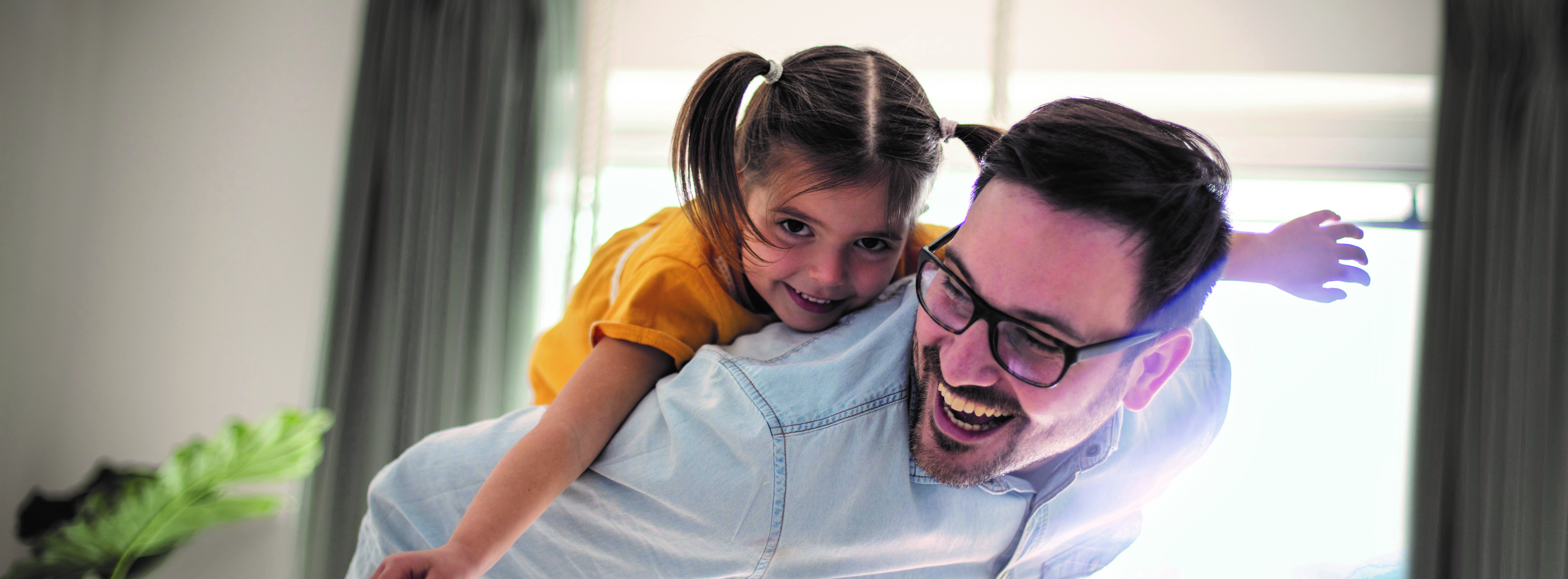It’s common sense: If you don’t get enough sleep, your physical and mental health will suffer. Most adults understand that for themselves. But when children or adolescents exhibit health problems, or behavioral and development issues, parents often fail to consider that pediatric sleep disorders could be the cause.
“If a child is sleeping in their own bedroom, parents may not know that the child is waking often during the night, or getting up to use the bathroom multiple times, which may be signs of sleep disorders,” said Dr. Mohsin Maqbool, M.D., a pediatric neurologist on the medical staff and Medical Director of the Pediatric Sleep Institute, a department of Texas Health Center for Diagnostics and Surgery in Plano, Texas.
The symptoms of sleep disorders in young children and adolescents are different than adults. A sleep-deprived adult may feel drowsy during the day; a child who is not getting enough sleep might react completely differently, exhibiting signs of attention deficit hyperactivity disorder (ADHD.)
The good news: a pediatric sleep specialist can help pinpoint the problem and offer options for treating pediatric sleep disorders.
Types of Sleep Disorders
What are some common types of sleep disorders in children? Some of the symptoms and conditions that Dr. Maqbool often sees are parasomnias, snoring, sleep apnea and restless leg syndrome.
Nighttime sleep behaviors, or parasomnias include sleep walking, sleep talking, nightmares, teeth grinding (bruxism), night terrors and even sleep eating. These symptoms may indicate inadequate sleep or may be due to stress and depression.
However, not every instance of parasomnia is a cause for concern. About 10% of children will exhibit parasomnias from time to time, and most will outgrow it, according to Dr. Maqbool.
“If it happens once every few months, it’s not worrisome,” he said. “But if it’s happening once or twice every week, that’s a sign that something might be affecting the child’s sleep.”
Pediatric sleep apnea (also known as obstructive sleep apnea, or OSA) occurs when the patient experiences the obstruction of the airway passage during sleep. This often results in pauses in breathing.
“The most common symptom of sleep apnea is snoring, but many times parents will overlook snoring, thinking it’s normal,” said Dr. Maqbool. “Snoring in children is something that should always be looked into by a doctor.” Sometimes parents aren’t aware their child is snoring until they go on vacation, and the family sleeps together in a hotel room.
Restless leg syndrome, or periodic leg movement syndrome (PLMS,) causes the child to experience sudden jerking or bending of the arms and legs during sleep. These symptoms can range from small shudders of the ankles and toes to leg kicks and flailing of arms and legs. These movements often wake the sleeping child, significantly disturbing the continuity and quality of his or her sleep. The child may also complain of leg pain.
Sometimes, pediatricians may dismiss these symptoms as “growing pains” and prescribe pain medications. “But in reality, the child should be tested for iron deficiency,” said Dr. Maqbool. “In my experience, most of the time, children with these symptoms have low iron, and the syndrome is curable with iron supplements.”
When to Call the Doctor
Sleep deprivation can explain many mental health and behavioral issues in children. Dr. Maqbool encourages parents to talk to their pediatrician if they notice any of these symptoms or issues:
*Sudden onset of failing grades, problems in school or other academic issues
*Behavioral problems or changes
*Wetting the bed, especially if it reoccurs long after the child has been toilet trained
*Frequent urination at night
*Difficulty falling asleep regularly
*Difficulty staying asleep
*Snoring
*Flailing or jerking movements while asleep
Some parents ask, “Can ADHD affect a child's sleep?” Yes. Up to 70% of children with ADHD suffer from sleep problems. Nearly half the parents of a child with ADHD report that their child has moderate to serious sleep problems. Children with ADHD may have behavioral sleep problems or medically based sleep problems. The cause of this link is not yet clear.
Finally, ask your doctor for tips for helping a child with sleep problems. In many cases, a child’s sleep issues may be resolved or reduced by practicing good sleep hygiene: maintaining a regular schedule for sleeping and waking, establishing a bedtime ritual, and avoiding physical activity and computer or TV screens a few hours before going to bed.
“Not all sleep issues are caused by medical problems,” said Dr. Maqbool. “Sometimes, implementing a few strategies for children's sleep can help a child sleep better and make life better for the entire family.”
The Pediatric Sleep Institute
Know the signs of sleep problems – and know that help is available. If you’re concerned about your child’s sleep, the Pediatric Sleep Institute, a department of Texas Health Center for Diagnostics & Surgery, can help. The Institute offers a range of services, including testing for pediatric sleep apnea and sleep evaluations, which can help your physician decide on a successful treatment plan that will benefit both you and your child. We can assess the signs of sleep problems that you may have noticed. Accredited by the American Academy of Sleep Medicine, our experienced staff can assist in diagnosing a wide range of pediatric sleep disorders .
